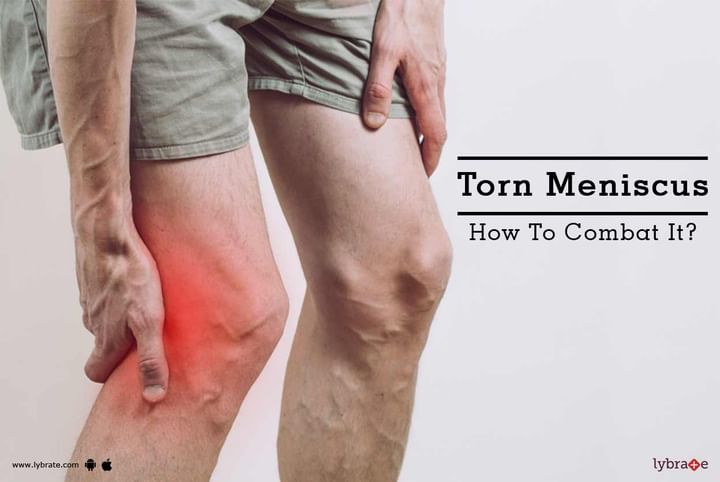Torn Meniscus - How To Combat It?
Your knees are one of the most vulnerable parts of your bodies. In case of strenuous or rigorous activities, knees are more prone to damage and injury than the other parts. Several of the knee tissues are fairly delicate and often are easily impaired. Among the other knee tissue injuries, meniscus tears are perhaps the most frequent.
Meniscus is essentially a cartilage that protects and stabilizes the knee joints. However, an untoward twist or a strain can lead to a tear in the meniscus. Meniscus tears are a common phenomenon among athletes and sportsmen. They have been noted to be more recurrent in older individuals.
Some of the early symptoms that indicate the onset of a meniscus tear is swelling and difficulty in bending or straightening of the leg. Sometimes a "locking sensation" in the knees also forebode a torn meniscus. The inflammation potentially causes a lot of pain and irritation.
While, it is fairly easy to ignore a meniscus tear for a normal knee injury, prolonged overlooking may only aggravate the pain and worsen the condition. The process of diagnosing a meniscus tear usually involves an MRI scan and an X-ray examination, over and above a detailed evaluation of the wound.
Treating meniscus tears vary according to the extent of the injury. Depending upon the location and the depth of the tear, various cures can be meted out. The healing process, however, depends upon other allied factors such as age, level of physical activities and one's medical history. An external and minor injury is easily mendable. Whereas, graver injuries are resolved through surgical means. The other non-operative means include certain prescribed medicines and specific exercises.
Some of the recommended ways of battling a meniscus tear can be enlisted as:
1. Resting the knee by limiting the activities that involve excessive use of the legs or they may potentially strain the leg muscles.
2. Applying ice pack can significantly bring relief to the swelling and the pain in the injured knee. Doctors advice regular use for a duration of at least 15 days.
3. The patient must consult a doctor to get rid of the problem.



+1.svg)
